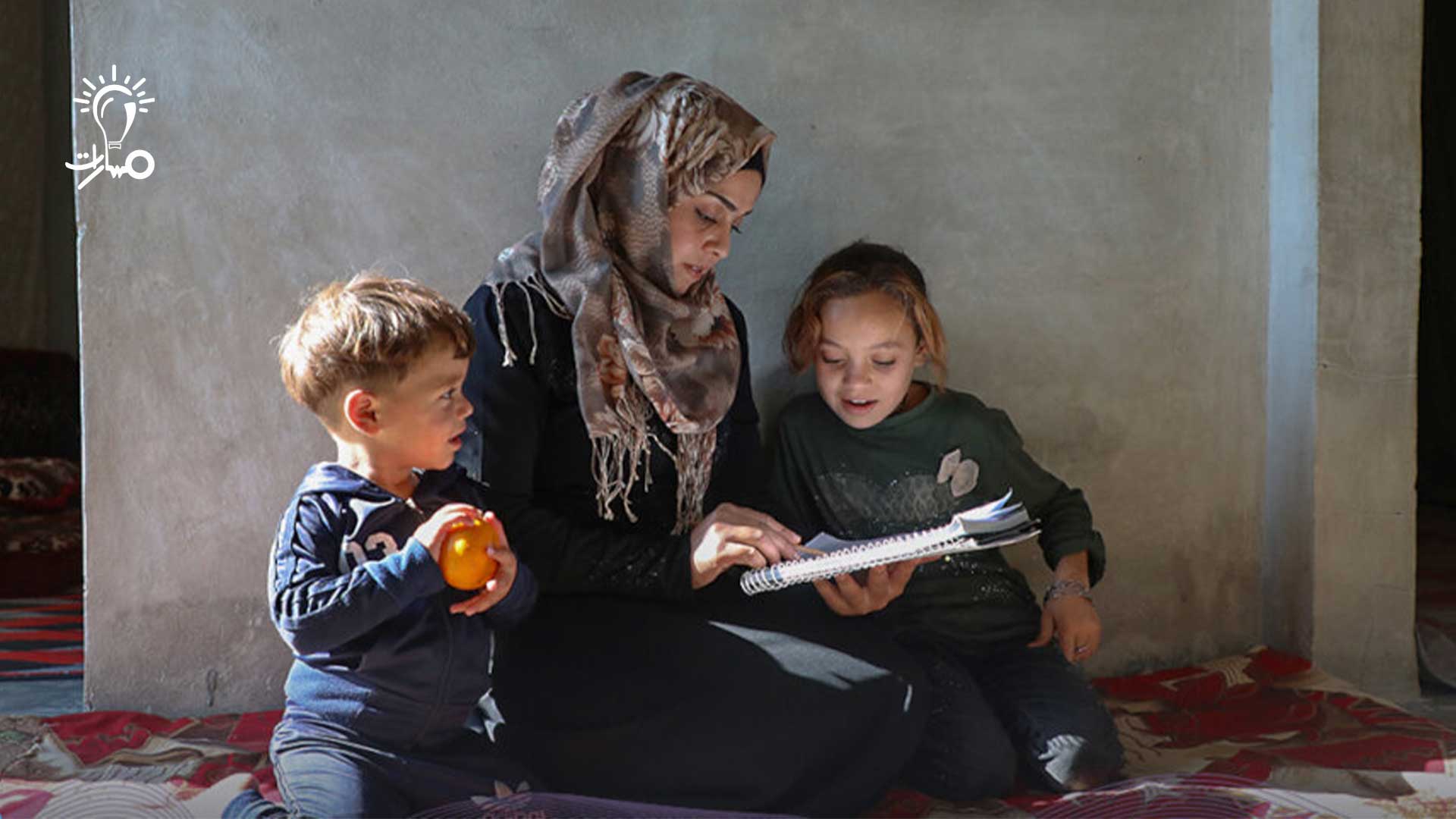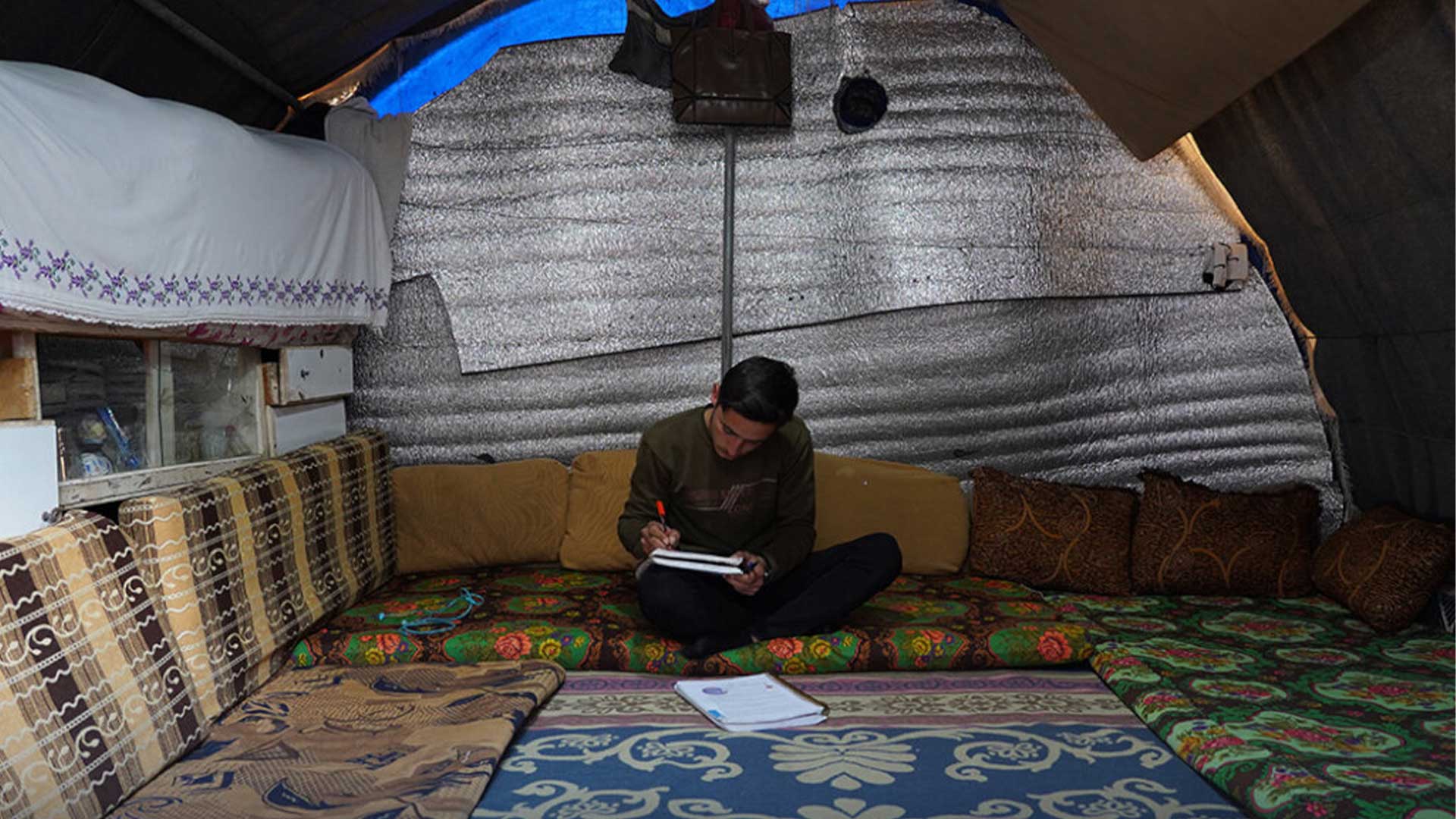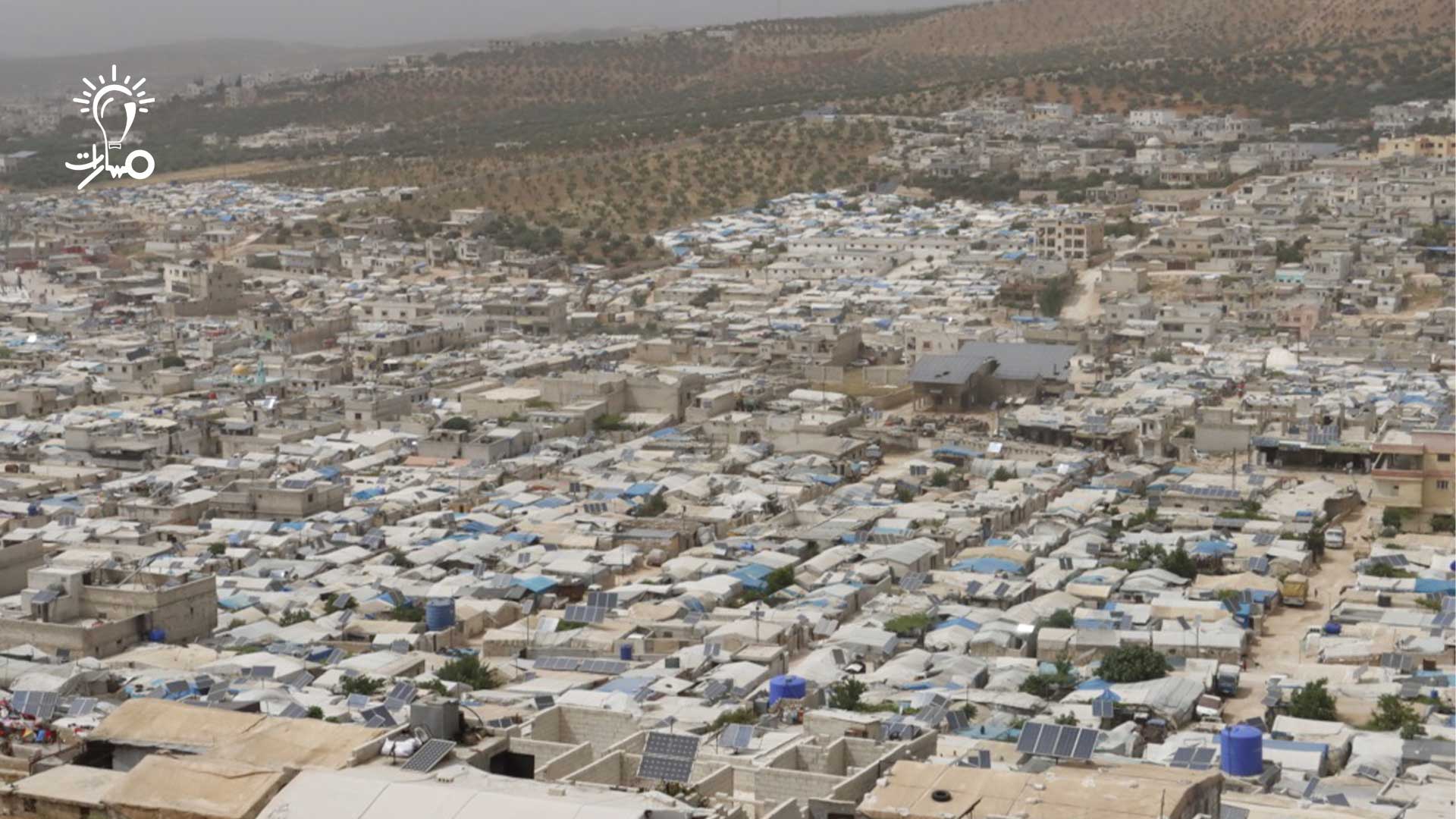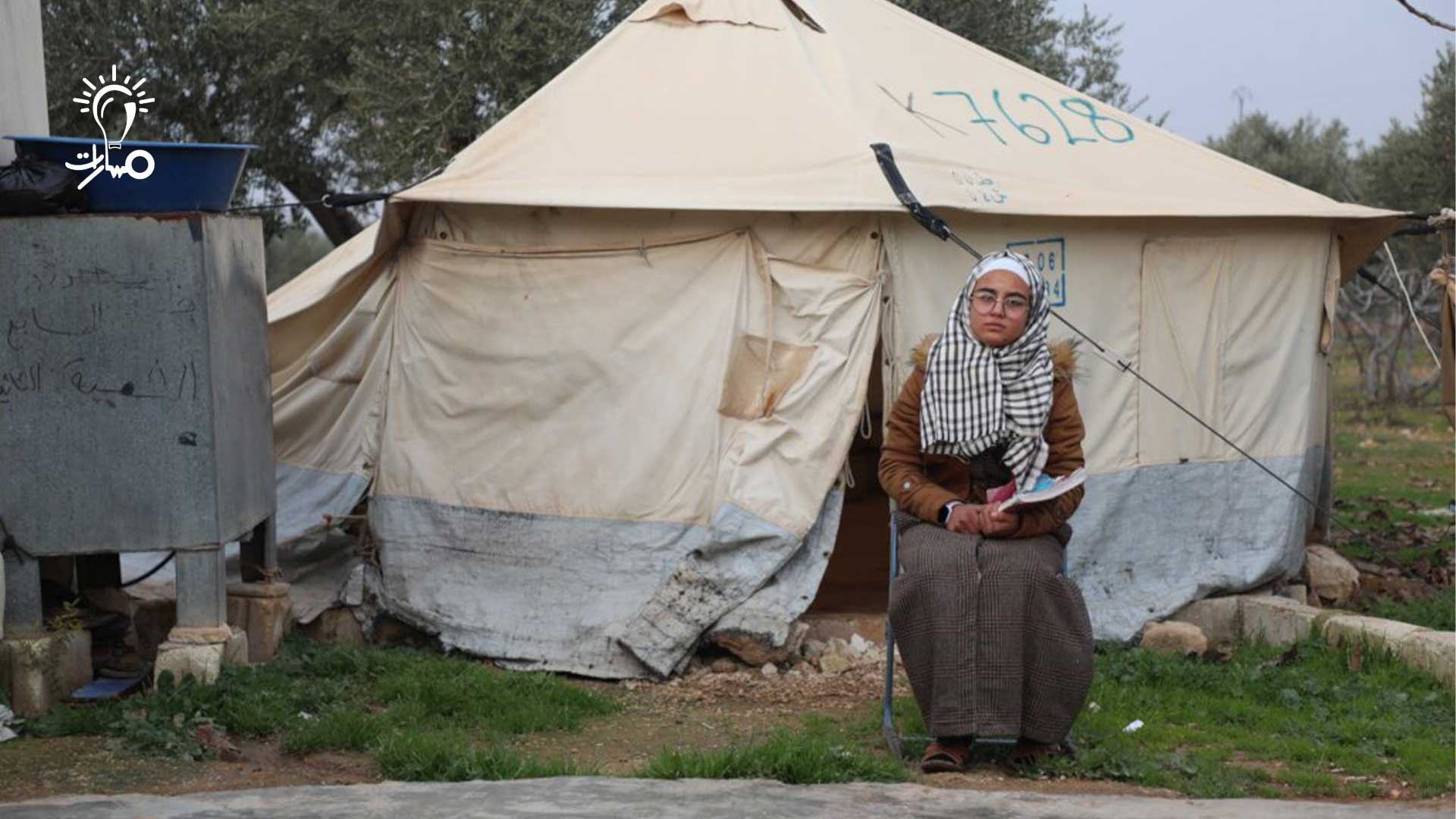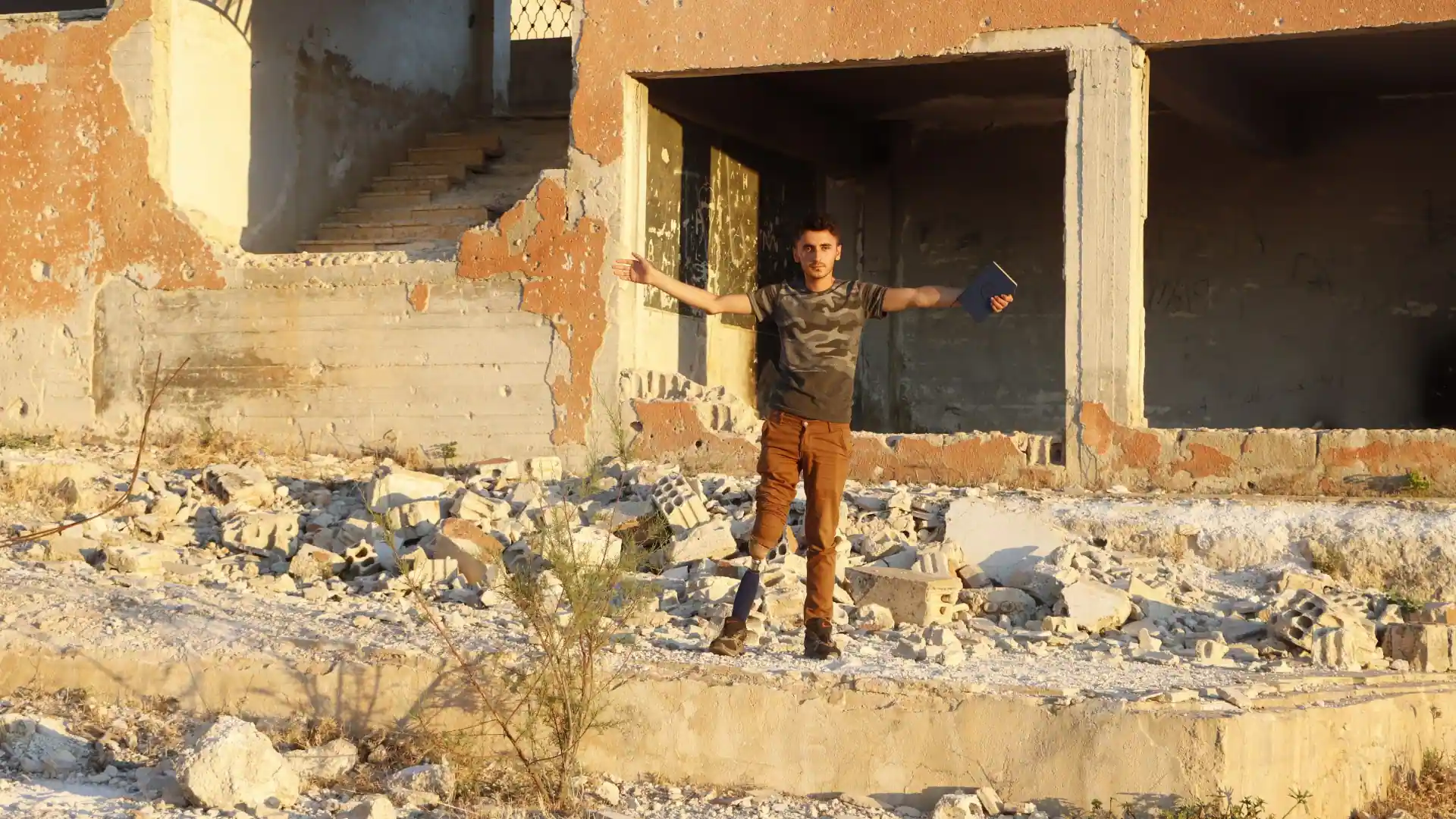The importance of AL-mal (wealth) lies in it being a trust from Allah the Almighty, who appointed man as its steward as stated in the Quran: “When your Lord said to the angels, ‘I will create a successor on Earth’. AL-mal is a great blessing bestowed by Allah on His servants, as Allah says, “Wealth and sons are allurements of the life of this world”
Today’s article discusses the Islamic perspective on AL-mal, the true ownership of AL-mal in Islam, and the key features of the Islamic economic system.
Islamic View on AL-mal Through General Principles
1- The True Ownership Belongs to Allah
All the riches of the earth and its treasures are created by Allah, and no matter how much wealth a person accumulates, he does not truly own it. Rather, he will be rewarded for the good he does with it or bear the consequences of his misdeeds, as Allah says, “To Allah belongs the dominion of the heavens and the earth and everything in between”
2- Man is Entrusted with This AL-mal
Allah has entrusted humans with this wealth, appointing them as stewards over it, as a test of their faith and integrity. Allah says, “Believe in Allah and His messenger, and spend from what He has made you trustees of” The Prophet Muhammad said, “The world is sweet and green, and Allah has appointed you as stewards over it to see how you will act.”
3– AL-mal is Not an End in Itself
It is a means to achieve the ultimate goal of human happiness and tranquility, and the strength and dignity of the community. The economy in Islam is intrinsic to the religion, derived from its creed, legislation, and ethics, which is why we find hundreds of Quranic verses discussing AL-mal, wealth, the detailed laws of Zakat, spending, trading, mortgaging, leasing, and bequeathing.
4- The Islamic Economy is Based on Halal and Haram
Derived from Islamic faith and legislation, every aspect of the economy is governed by Islamic laws, regulated by its noble ethics and principles, not merely profit, interest, or selfishness.
The Islamic economic system distinguishes itself from global capitalist systems with several features that make it a noble goal for all civilizations, crucial for the upliftment and progress of the Ummah.
Key Features of the Islamic Economic System
- Economic activities in Islam have a worshipful nature and lofty goal.
- Self-regulation of economic activities in Islam.
- Balancing the economic interests of individuals and the community.
- Balancing material and spiritual aspects.
- The Islamic economy is ethical.
Having discussed the features of the Islamic economic system, it’s essential to talk about individual ownership in Islam.
Individual Ownership in Islam
The desire to own is natural, and Islam permits personal ownership under certain conditions to ensure it is acquired through lawful means and fulfills the rights associated with it, such as Zakat.
Characteristics of Individual Ownership
1- Not limited to a specific amount as long as it is acquired through lawful means and fulfills the associated rights, such as Zakat.
2- Enables the owner to dispose of it as they wish unless the disposal is prohibited by Sharia.
3- A permanent right for the owner that cannot be removed without their consent unless there are legally considered public interests.
This discussion highlights the significance and reality of AL-mal in Islam, showing that while it is a means to happiness and reassurance, it also represents a significant responsibility. The individual will be questioned twice: where they obtained it and how they spent it.
Author: Mr. Mohammad Nour Al-Bakour, Islamic Education Teacher at Masarat Initiative
